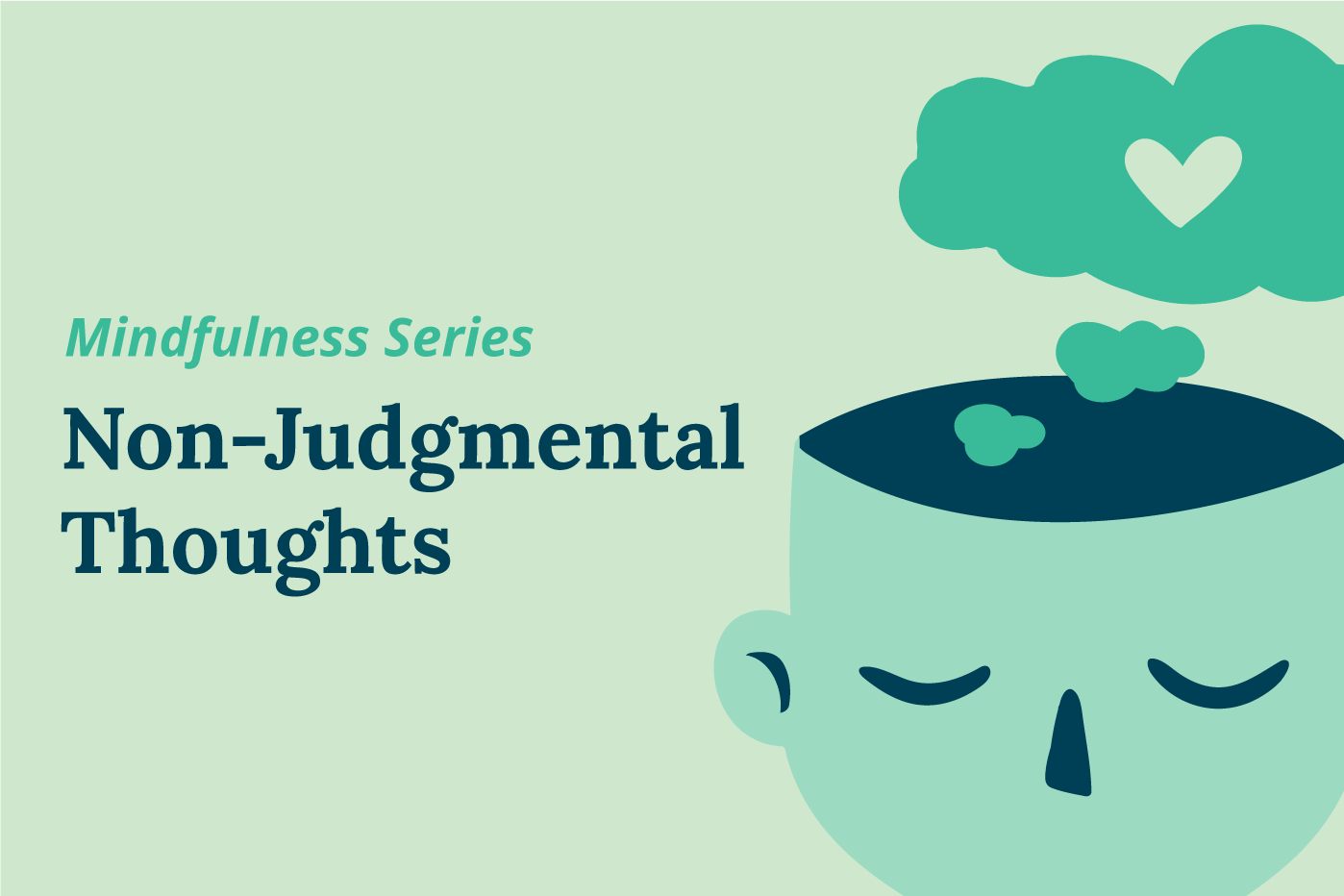Removing Judgmental Thought from Organizational Culture
One of the key tenets of mindfulness is impartiality toward one’s own experience. As this applies to the workplace, all too often we let our perception of the experiences of others cloud our thoughts and influence our judgments. In order to improve workplace culture though embracing mindfulness it is important to reduce or remove judgmental thought from office procedures. This does not mean that the act of making judgement calls on right vs wrong or hiring, firing and discipline can be eliminated. Those judgments have to be made by management and should be evaluated based on objective criteria.
Removing judgmental thought at work means removing the subjective thoughts you might have about someone else that influence the way you treat that person on a day-to-day basis. Judgmental thought can be the foundation for bullying, in-group mentality, or ostracism of co-workers. Judgmental thoughts toward others are rooted in fear about the unknown, as in the cliché is “the grass is greener on the other side.” Social media posts and other forms of public persona influence the way we perceive our peers. Given the perception often does not match reality, it is easy to begin judging others on the experiences we perceive them to be having. All too often there is an employee that is perceived as being a “teacher’s pet” or “workplace favorite” who in reality may be struggling with crippling work-related stress or in reality envious of the co-workers who are doing their job in the shadows.
Employees often use judgment as a mechanism for protecting themselves. What they don’t know about others, they feel cannot hurt them. Unfortunately, this approach in the workplace suppresses knowledge about not only co-workers, but often hinders the journey to self-discovery that can be so valuable as a take-home skill. When employees instead take a more mindful approach to their work life, they can see that the mind is not necessarily a barrier to learning more about oneself and other, rather it is a mechanism for producing thoughts. It is up to the organization to help its workforce understand that it is entirely up to the individual what they do with those thoughts. This means someone can either pass judgment on others, and take their initial thoughts as “fact” or work to break down the barriers to tolerance and acceptance caused by overuse of judgmental thought.
In order to improve mindfulness and reduce the impact of judgmental thought in the workplace, we must become aware of how our thoughts relate to emotions and interactions with others. When one passes judgment prior to developing a basis and knowledge for the opinion, they are not being mindful of the relationship between judgment and consequence. Only through re-framing the thought process into a more “results-driven” analysis can we improve our culture through reduction in judgment-based thought. This means a reduction in shock toward another’s action and a pause to ponder the deeper meaning of the why behind that action, so as to understand the situation rather than make a knee-jerk reaction toward it.
Progress takes time, and we must empower our workforces to validate their actions, rather than react to them with swift and immediate judgment. This is because the workplace is a living and evolving eco-system that takes time to change. When employees are too focused on the failures
of themselves and others, and fail to acknowledge the consequences of their judgments with a mindful approach, the eco-system is bound to remain stagnant or even fail. Conversely, by being more open-minded and receptive to different views, backgrounds and experiences, we not only break down the barriers caused by judgmental thought, but also become more open-minded to new ideas and cultural improvement.
Syntrio has developed a wide range of workplace awareness materials that we believe can keep your workplace moving toward mindfulness. We would welcome the opportunity to discuss how our tools can improve your workplace culture and keep your employees engaged. Contact a member of our team today to see how we can empower your workforce to be the best it can be in the coming years.


